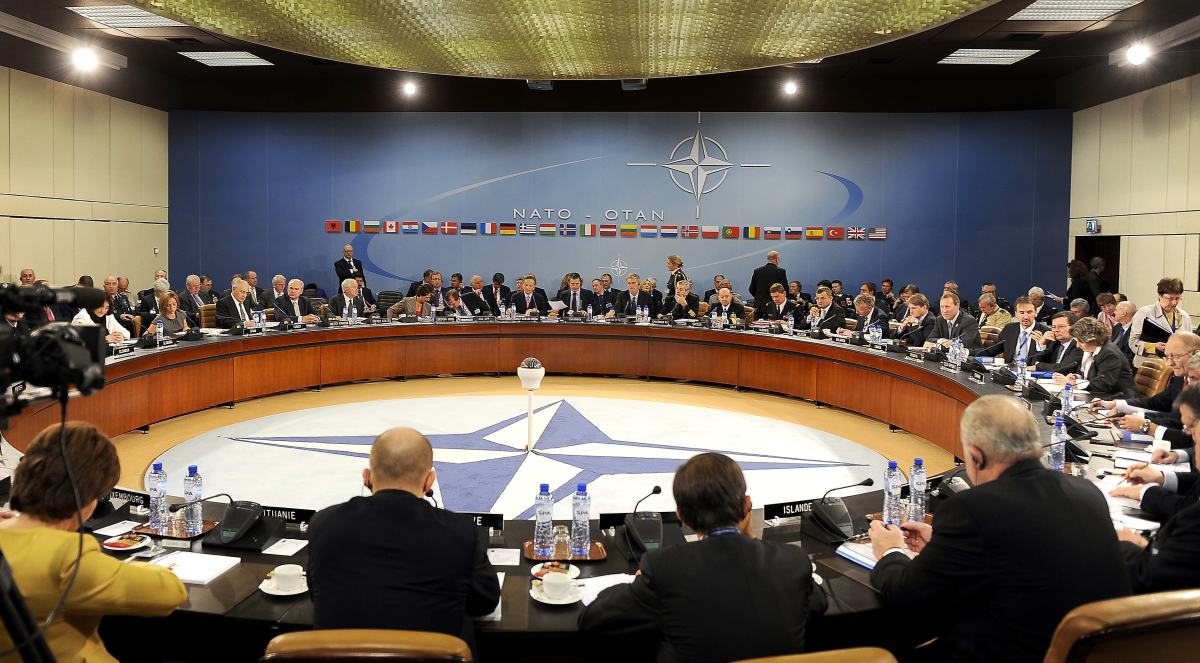NATO will establish new cyber command centers

NATO will establish new command centers allowing the transatlantic alliance to incorporate cyberweapons and cybersecurity across the board in operational planning, NATO Secretary-General Jens Stoltenberg announced Wednesday.
NATO has been operating within the cyber domain for over a decade at locations like the NATO Cyber Range and the Estonian Cyber Defense Center of Excellence. Last year, the alliance published a mutual cyberdefense pledge to ensure alliance members keep pace with the rapid moving domain. In June, the alliance declared cyber an operational domain.
In the following month, NATO extended cybersecurity help to nonmember Ukraine in the wake of NotPetya ransomware largely targeting Ukrainian institutions.
“We are now integrating cyber effects into NATO missions and operations to respond to a changed and new security environment where cyber is part of the threat picture we have to respond to,” Stoltenberg said. “In any military conflict cyber will be an integral part and therefore we need to strengthen our cyber defenses and our cyber capabilities.”
The alliance says it’s seen increasing cyberattacks against its members and institutions. Stoltenberg floated cyber-operations as a potential response to any type of attack against alliance members.
“For NATO, it is always our aim to use minimum force to achieve maximum effect and therefore cyber effects may be the best response,” Stoltenberg said at the start of a two-day meeting of NATO defense ministers in Brussels.
The alliance’s increasing focus on cyber is wide ranging in both cause and effect. In July, U.S. intelligence community veteran Kevin Scheid became general manager of NATO’s Communications and Information Agency, which controls a $3.4 billion IT and cybersecurity modernization program for the 68-year-old organization. In June, researchers said Russian hackers targeted Montenegro as the country prepared to join NATO over the opposition of Moscow. Alleged Russian hackers have also impersonated NATO officials in phishing campaigns against alliance members.
That’s to say nothing of Russian meddling in the U.S. 2016 election that’s spurred an intense and ongoing spotlight on cybersecurity within this country.
“We must be just as effective in the cyber domain as we are on land, at sea and in the air, with real-time understanding of the threats we face and the ability to respond however and whenever we choose,” Stoltenberg said on Wednesday.




